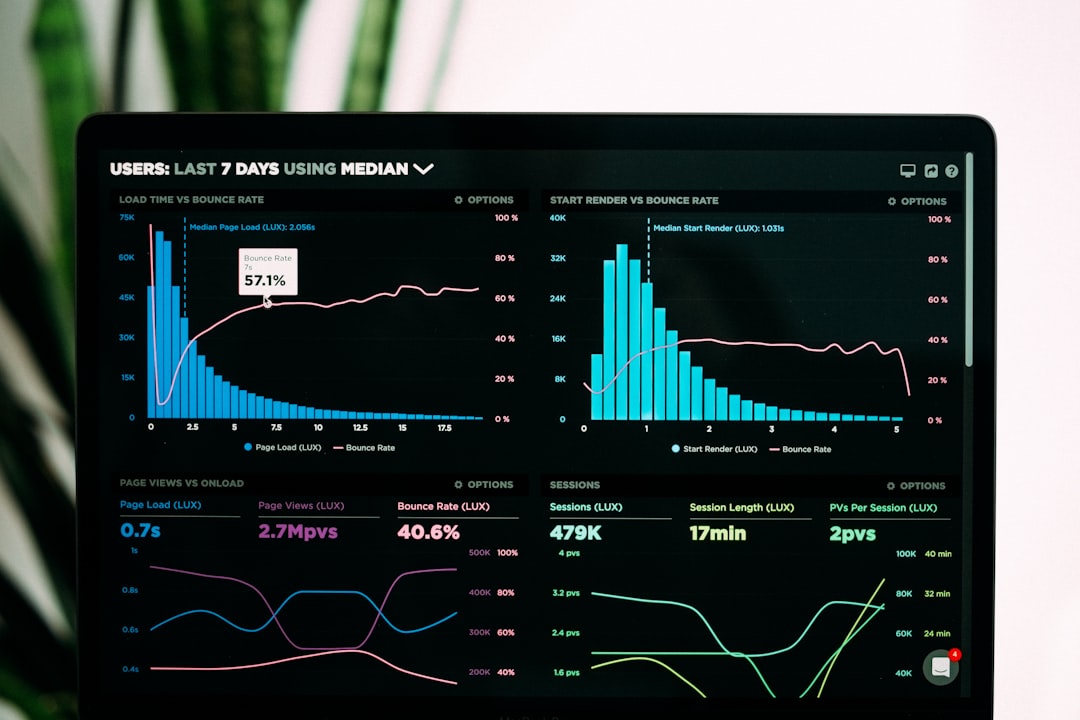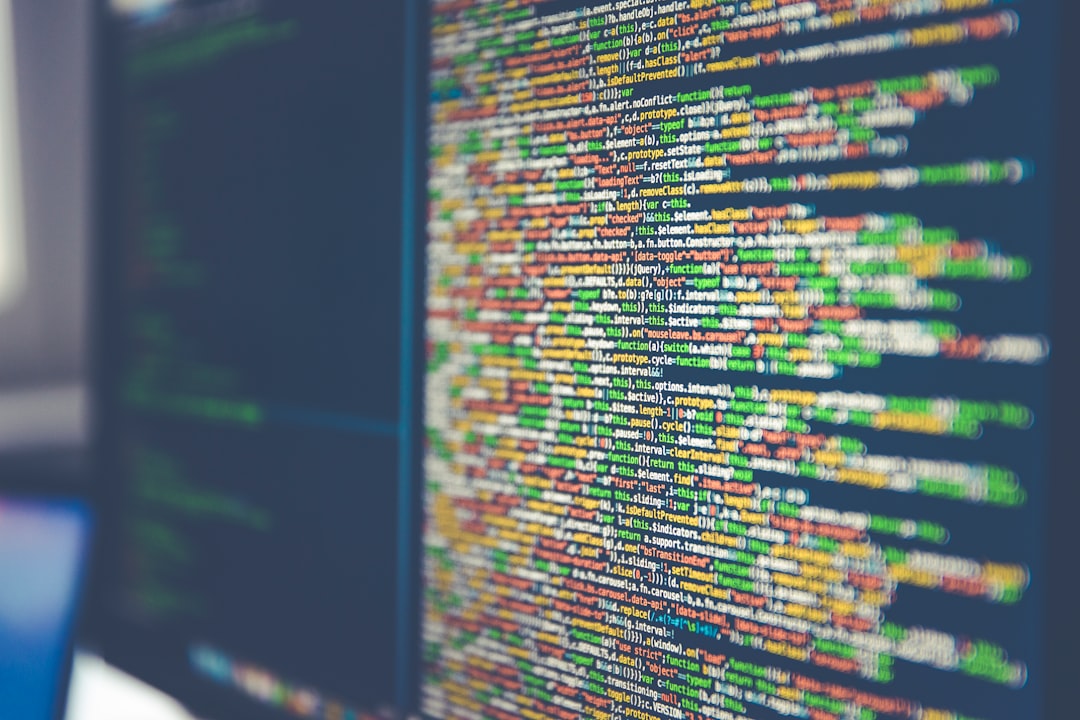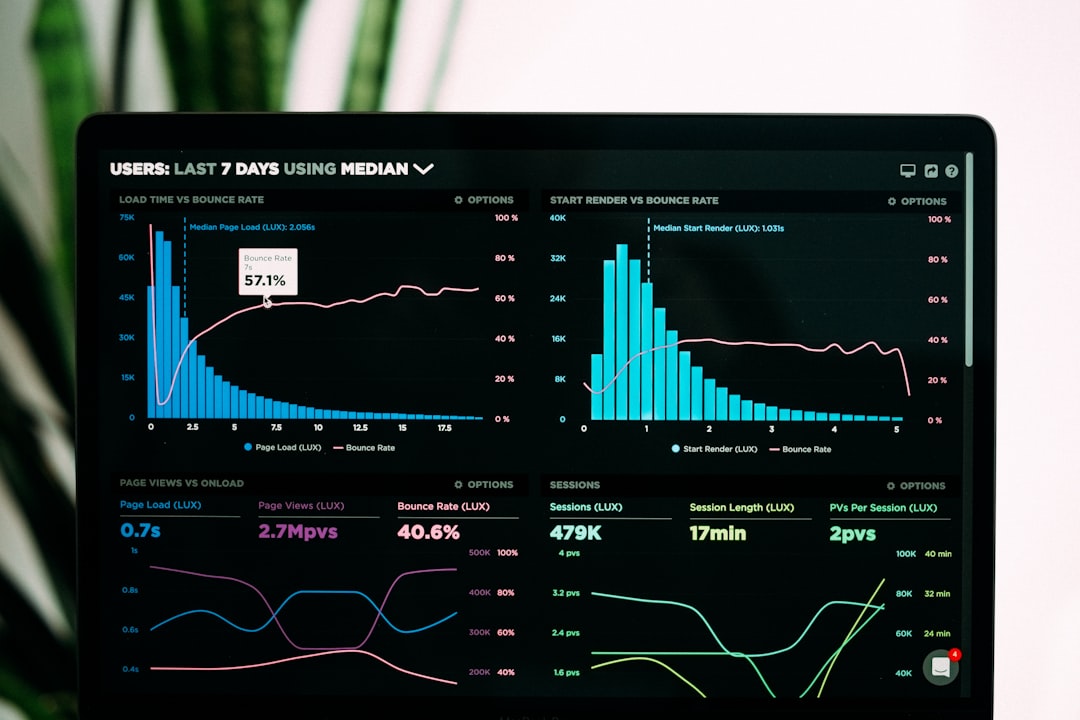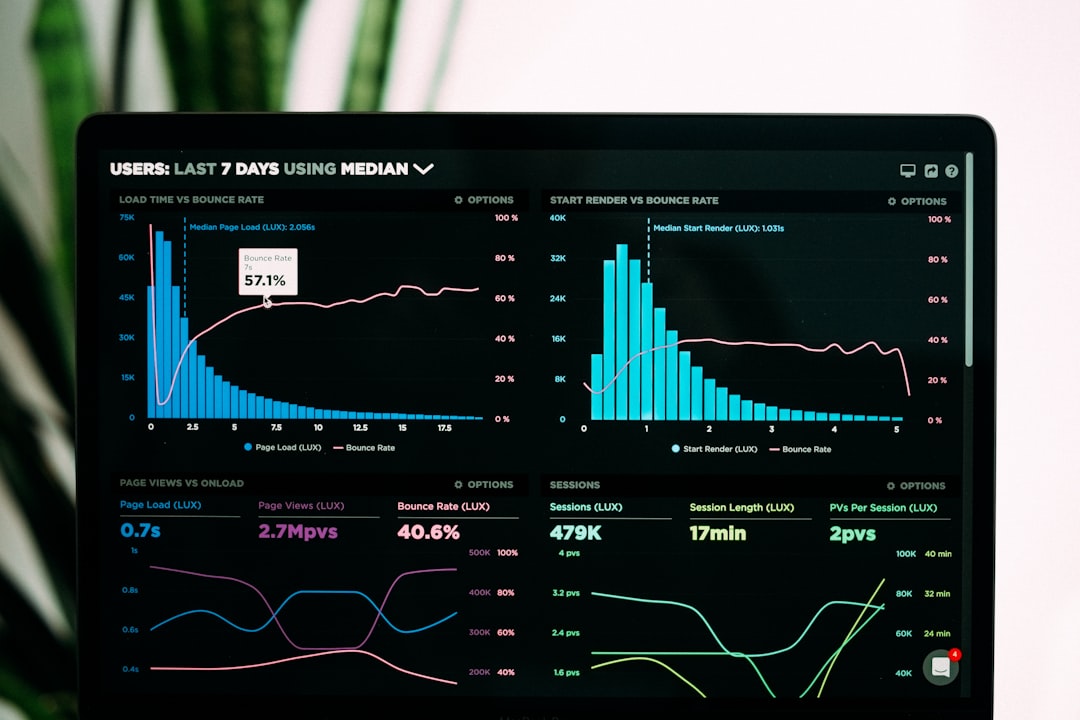Unlock encrypted content
Please enter your SSCE key to initiate on-the-fly decryption.
Decryption key: (Click cancel if you don't have the key)
Copied link to clipboard.
This feature is unavailable for free accounts. Upgrade now and enjoy all Premium benefits.
Go Premium!
This feature is unavailable for free accounts. Upgrade now and enjoy all Premium benefits.
Go Premium!
Please open this page in browser ( Google Chrome or Safari ) to use this feature.
Open In Browser
Data Privacy and the Future of Technology: A Look at Blockchain, AI, and More
Random related video for this blog.
Copied share link to clipboard.
As technology continues to advance, new tools and innovations are emerging to address these concerns and ensure the security of our personal information. From renewable energy technology to artificial intelligence (AI), let's explore how various technologies are shaping the future of data privacy.
Data Privacy and Renewable Energy Technology
Renewable energy technology is not only revolutionizing the way we generate power but also playing a crucial role in ensuring data privacy. Traditional data storage centers consume massive amounts of energy, leading to concerns about carbon emissions and sustainability. However, the integration of renewable energy sources, such as solar and wind power, into data centers is providing a sustainable solution while safeguarding sensitive data. One notable trend in the industry is the use of blockchain data storage. Blockchain, a decentralized and immutable digital ledger, offers enhanced security and privacy for data storage. By distributing and encrypting data across a network of computers, blockchain technology eliminates the need for a central authority, reducing the risk of data breaches and unauthorized access.Secure File Sharing and Artificial Intelligence (AI)
Secure file sharing is a critical aspect of data privacy, and advancements in AI are transforming the way we exchange information securely. AI-powered algorithms can analyze data patterns and detect potential security threats, ensuring that files are shared securely and only with the intended recipients. Moreover, AI-driven solutions can provide real-time encryption and decryption of files, protecting sensitive information while in transit and at rest. These intelligent systems can also identify anomalies in user behavior, helping to prevent unauthorized access and data leaks.Seamless Integration with Third-Party Apps and Biotechnology
The integration of data privacy measures with third-party apps is another crucial aspect of protecting sensitive information. With the rise of cloud-based services and applications, it is essential to ensure that data remains secureeven when shared with external platforms. Biotechnology, in conjunction with secure file sharing, is playing a significant role in this regard. Biometric authentication, such as fingerprint or facial recognition, adds an extra layer of security when accessing files or sharing data. This technology ensures that only authorized individuals can access sensitive information, reducing the risk of data breaches.
Brain-Computer Interfaces (BCIs) and the Future of Data Privacy
As technology continues to advance, the development of Brain-Computer Interfaces (BCIs) holds immense potential for data privacy. BCIs establish a direct communication pathway between the human brain and external devices, enabling individuals to control and interact with technology using their thoughts. This technology has the potential to revolutionize data privacy by eliminating the need for traditional authentication methods such as passwords or PINs. BCIs could enable seamless and secure access to files and data, with the user's thoughts serving as the ultimate authentication method. This would significantly reduce the risk of unauthorized access and data breaches.Conclusion
As technology continues to evolve, so too does the need for robust data privacy measures. From renewable energy technology and blockchain data storage to AI-powered secure file sharing and BCIs, various innovations are shaping the future of data privacy. By embracing these advancements and integrating them into our digital infrastructure, we can ensure the security and integrity of our personal information.Frequently Asked Questions (FAQs)
Question: How can renewable energy technology enhance data privacy? Answer:
Renewable energy technology, such as solar and wind power, can power data centers while reducing carbon emissions and ensuring sustainable operations. This integration contributes to data privacy by providing a secure and environmentally friendly solution for storing sensitive information.
Question: How does blockchain data storage improve data privacy? Answer:
Blockchain data storage eliminates the need for a central authority, distributing and encrypting data across a network of computers. This decentralized approach enhances security and privacy, reducing the risk of data breaches and unauthorized access.
Question: How can AI enhance secure file sharing? Answer:
AI-powered algorithms can analyze data patterns and detect potential security threats, ensuring that files are shared securely and only with the intended recipients. AI-driven solutions can also provide real-time encryption and decryption, protecting sensitive information during transit and at rest.
Question: What role does biotechnology play in data privacy? Answer:
Biometric authentication, such as fingerprint or facial recognition, adds an extra layer of security when accessing files or sharing data. By incorporating biotechnology into data privacy measures, organizations can ensure that only authorized individuals can access sensitive information.
Question: How can Brain-Computer Interfaces (BCIs) impact data privacy? Answer:
BCIs establish a direct communication pathway between the human brain and external devices, potentially eliminating the need for traditional authentication methods. This technology could enable seamless and secure access to files and data, reducing the risk of unauthorized access and data breaches.
Case Studies 1. Company X implemented blockchain data storage to enhance data privacy. As a result, they experienced a significant reduction in data breaches and unauthorized access attempts. The decentralized nature of blockchain technology provided an added layer of security, ensuring the integrity of sensitive information. 2. Organization Y integrated AI-powered secure file sharing solutions into their workflow. This allowed them to share confidential files securely with clients and partners, reducing the risk of data leaks. The AI algorithms continuously monitored data patterns and user behavior, providing real-time security alerts and preventing unauthorized access. 3. Research institute Z implemented Brain-Computer Interfaces (BCIs) for data access and authentication. This innovative approach eliminated the need for passwords or PINs, significantly enhancing data privacy. The BCIs provided seamless and secure access to files and data, ensuring that only authorized individuals could interact with sensitive information. By embracing technologies such as renewable energy, blockchain data storage, AI-powered secure file sharing, biotechnology, and BCIs, organizations can transform the future of data privacy. These innovations offer enhanced security measures, protecting sensitive information and providing individuals and organizations with peace of mind. FileLu offers secure cloud storage and file sharing solutions, ensuring the privacy and integrity of your data. With premium plans ranging from 256 GB to 500 TB, and free plans from 10 GB to 250 GB, FileLu caters to various storage needs. Their large file transfer capabilities enable users to send files up to 250 GB in size, making it a reliable and efficient solution for secure data sharing.
By Amelia Isabella.
Email: [email protected]
Related
Advanced Weaponry, Online File Storage, and Advanced Encryption Algorithms: The...
August 2, 2023
Read More
Data Mirroring Across Multiple Data Centers: Ensuring Data Redundancy and...
August 2, 2023
Read More
Human-Machine Connection: Revolutionizing the Future with Advanced File Management and...
August 2, 2023
Read More
Aerial Photography: Exploring the Future of File Management and Collaboration
August 3, 2023
Read More
Technological Advancements: Embracing the Future with Cloud Storage and Li-Fi
August 3, 2023
Read More
Aerial Photography: Exploring the Possibilities of File Archiving and 3D...
August 3, 2023
Read More
Efficient File Transfer Protocols: A Comprehensive Guide to File Management...
August 3, 2023
Read More
Popular
Latest
The Future of Digital Transformation: Exploring Smart Homes, Efficient File...
November 30, 2025
Read More
Exploring the Benefits of Cloud Storage and Innovative Technologies in...
November 26, 2025
Read More
The Future of Technology: Exploring Biohacking, Space Tourism, and Digital...
November 23, 2025
Read More
The Future of File Sharing: Streamlined Workflows for Photographers and...
November 19, 2025
Read More
Exploring the Intersection of Technology: From Cybersecurity to Augmented Reality...
November 16, 2025
Read More
The Future of File Management: Embracing Edge Computing and Efficient...
November 12, 2025
Read More
The Future of File Sharing: Exploring User-Friendly Solutions and Data...
November 5, 2025
Read More
The Future of Cloud Storage: How FileLu Empowers Creative Professionals...
November 2, 2025
Read More
The Future of Autonomous Technologies: Innovations in Robotics, File Sharing,...
October 29, 2025
Read More
Emerging Technologies Revolutionizing File Management: From Li-Fi to Robust Collaboration...
October 26, 2025
Read More
Emerging Technologies: Exploring the Impact of File Access Auditing, Genetic...
October 19, 2025
Read More
The Future of Data Storage: Exploring Advanced Encryption, Mobile Integration,...
October 5, 2025
Read More
Exploring the Future of Data Management: Security, Efficiency, and Cognitive...
September 28, 2025
Read More
Revolutionizing Data Management: Innovations in Storage, Security, and Sustainable Technology.
September 24, 2025
Read More



















